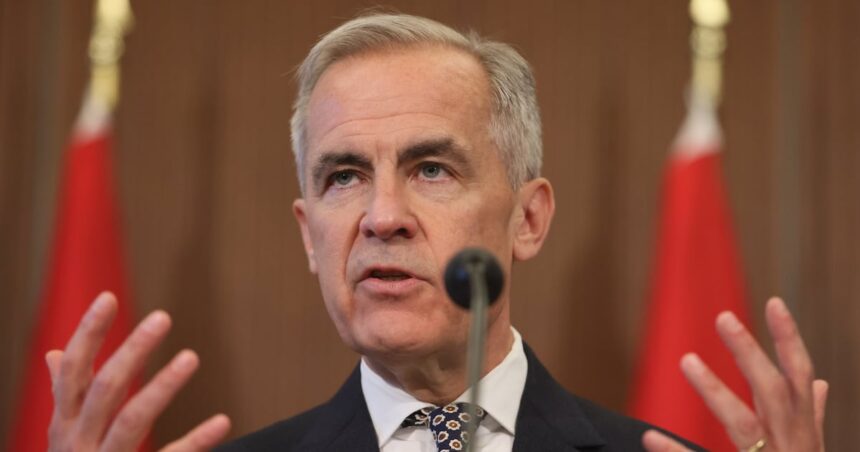In an unexpected procedural maneuver just days before Parliament’s summer recess, House of Commons Speaker Greg Fergus has ruled that the government’s sweeping major projects legislation must be split into two separate bills for voting purposes, creating a significant hurdle for Prime Minister Justin Trudeau’s economic agenda.
The contentious Bill C-79, dubbed the “Building Canada Act,” has been a cornerstone of the Liberal government’s plan to accelerate infrastructure development and resource projects across the country. However, opposition parties raised formal objections last week, arguing the legislation improperly bundled distinct regulatory frameworks that should be considered independently.
“The Chair finds merit in the argument that this omnibus legislation contains provisions that are insufficiently connected to form a coherent whole,” Fergus announced Tuesday afternoon in a rare ruling that visibly surprised government ministers present in the chamber.
The bill originally contained provisions that would streamline environmental assessments for designated “critical infrastructure” while simultaneously creating a new national permitting framework for resource development. Critics, including environmental organizations and some provincial governments, had argued the bill went too far in limiting regulatory oversight.
Finance Minister Chrystia Freeland, speaking to reporters following the ruling, expressed disappointment but insisted the government would adapt. “These measures are essential for Canada’s economic competitiveness,” Freeland said. “While we respect the Speaker’s ruling, we remain committed to getting these reforms passed before the election.”
The ruling creates significant timing challenges for the Trudeau government, which had hoped to pass the legislation before Parliament rises for summer recess on June 24. Government House Leader Karina Gould indicated the government would work through the weekend if necessary, but political analysts suggest complete passage before the break is unlikely.
Industry associations reacted strongly to the development. The Canadian Chamber of Commerce called the ruling “a setback for economic certainty,” while the Canadian Association of Petroleum Producers urged parliamentarians to “prioritize both components of this essential legislation.”
The ruling also has significant implications for Canadian politics more broadly. The NDP, whose support agreement with the minority Liberal government has shown increasing strain, praised the decision. “This government tried to sneak through massive deregulation under the guise of economic development,” said NDP Leader Jagmeet Singh. “Today’s ruling ensures proper parliamentary scrutiny.”
Conservative Leader Pierre Poilievre seized on the development, calling it “further evidence of a government in disarray.” The Conservatives had initially supported elements of the bill related to infrastructure but opposed provisions they characterized as federal overreach into provincial jurisdiction.
For projects already in development across Canada, the ruling introduces new uncertainty. Major initiatives such as critical minerals mines in Ontario’s Ring of Fire, clean energy corridors in Quebec, and port expansions in British Columbia now face potential delays in regulatory approvals.
Constitutional experts note the Speaker’s ruling reinforces parliamentary tradition regarding omnibus legislation. “This decision reflects longstanding concerns about the proper scope of legislation,” said Dr. Emmett Phillips, constitutional scholar at McGill University. “It’s a reassertion of Parliament’s role in properly scrutinizing distinct policy areas.”
As MPs now prepare for an extended sitting schedule, the question remains: can the government salvage its economic agenda before an anticipated fall election, or will this procedural setback undermine the Liberals’ ability to campaign on a record of economic management and infrastructure development?














